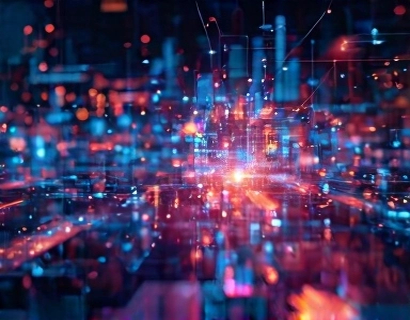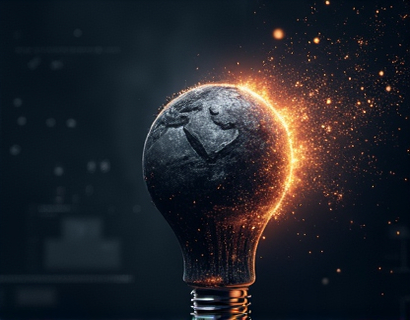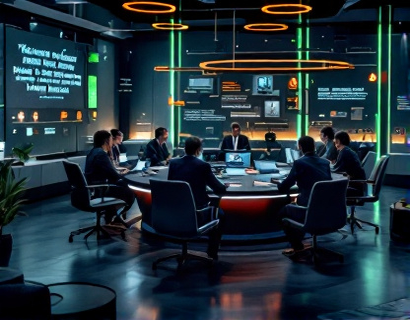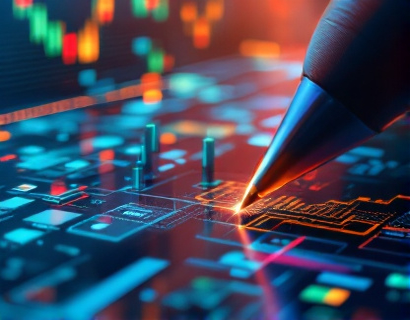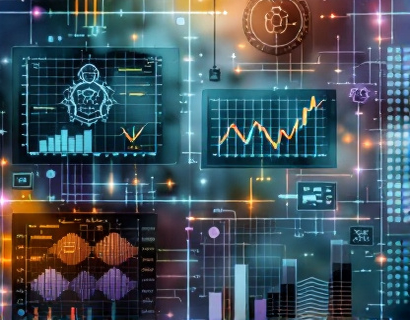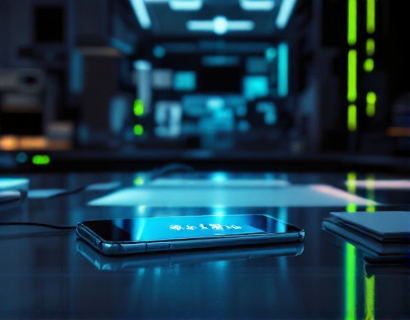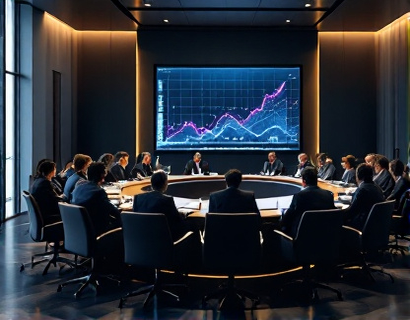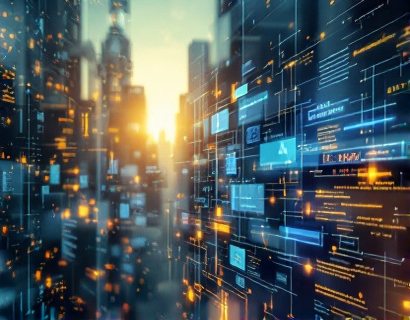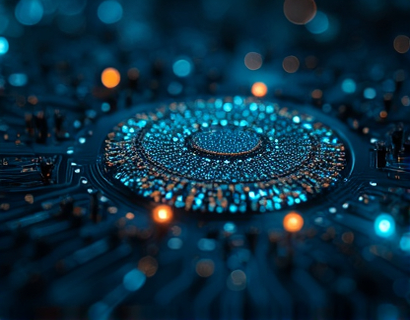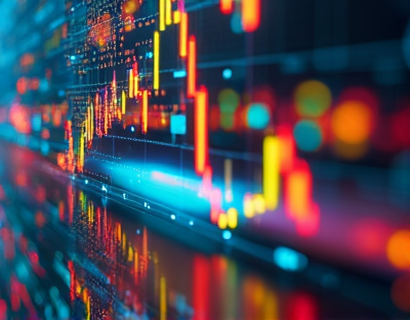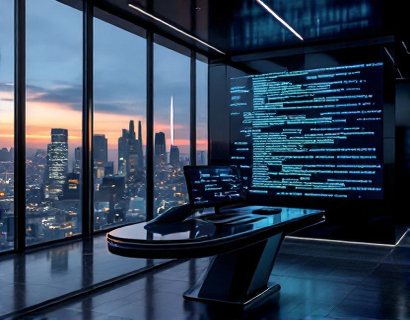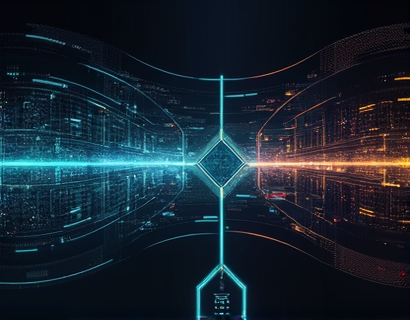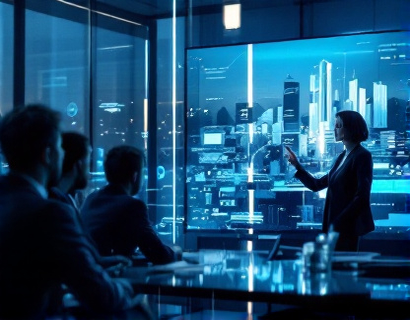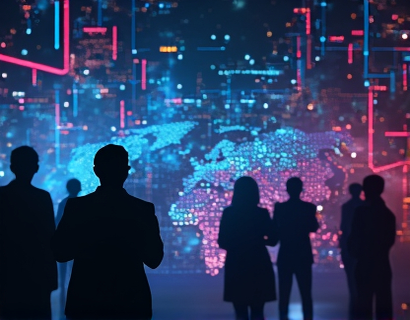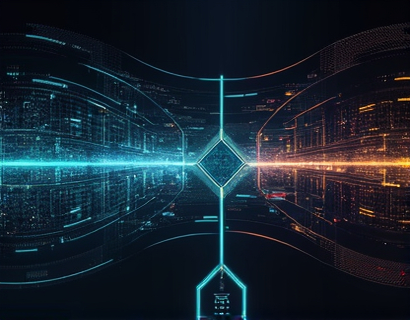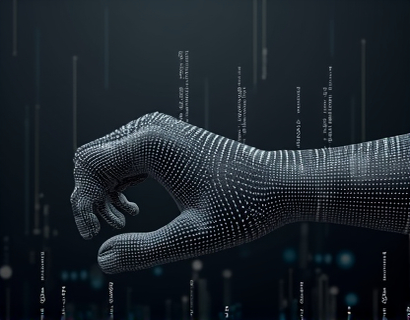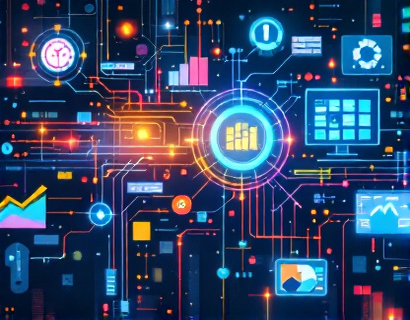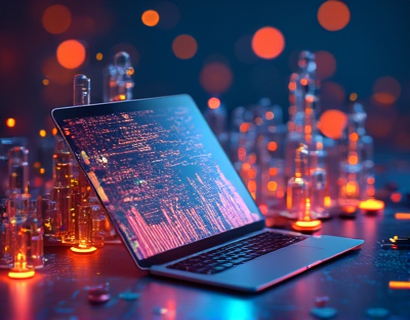The Synergy of AI and Crypto: Transforming Digital Experiences in the Decentralized Economy
The intersection of artificial intelligence (AI) and cryptocurrency is giving rise to a new era of digital innovation, particularly within the decentralized economy. This synergy is not just a technological curiosity but a powerful force reshaping how we interact with digital services and platforms. As tech professionals and enthusiasts, understanding this fusion is crucial for navigating and thriving in the evolving tech landscape.
The decentralized economy, powered by blockchain technology, is characterized by its peer-to-peer nature, transparency, and security. It offers a paradigm shift from traditional centralized systems, enabling more equitable and efficient transactions. AI, with its capabilities in data analysis, pattern recognition, and autonomous decision-making, complements this ecosystem by enhancing functionality and user experience.
Enhancing Security and Trust
One of the primary benefits of combining AI and blockchain is the significant improvement in security and trust. AI algorithms can analyze vast amounts of data to detect anomalies and potential threats in real-time, reinforcing the immutable nature of blockchain records. This synergy ensures that transactions are not only secure but also verifiable, reducing the risk of fraud and enhancing user confidence in decentralized applications (dApps).
For instance, AI-driven security protocols can identify and mitigate smart contract vulnerabilities before they are exploited. By continuously monitoring and learning from new data, these systems adapt to emerging threats, providing a dynamic layer of protection. This proactive approach to security is essential in a decentralized environment where traditional centralized security measures are less effective.
Optimizing User Experience
The integration of AI and blockchain also revolutionizes user experience in the decentralized economy. AI can analyze user behavior and preferences to personalize interactions, making dApps more intuitive and user-friendly. This personalization extends to content recommendation systems, financial advisory services, and even gaming experiences within blockchain-based platforms.
Moreover, AI-powered chatbots and virtual assistants can provide 24/7 support, handling queries and transactions seamlessly. These AI-driven interfaces reduce the learning curve for users new to blockchain technology, making the decentralized economy more accessible and inclusive. The combination of AI's conversational capabilities and blockchain's transparency ensures a smooth and trustworthy user experience.
Efficient Smart Contract Execution
Smart contracts, self-executing contracts with the terms directly written into code, are a cornerstone of the decentralized economy. AI enhances the efficiency and reliability of these contracts by optimizing their execution and managing complex logic. AI can predict and adapt to changing conditions, ensuring that smart contracts operate smoothly even in dynamic environments.
For example, AI can analyze market conditions and automatically adjust the parameters of a smart contract to optimize outcomes. This adaptability is particularly useful in decentralized finance (DeFi) applications, where dynamic pricing and risk management are critical. By integrating AI, smart contracts become more robust and versatile, reducing the need for manual interventions and lowering operational costs.
Enhancing Decentralized Markets
Decentralized markets, such as decentralized exchanges (DEXs) and marketplaces, benefit greatly from the synergy of AI and blockchain. AI algorithms can analyze market data to identify trends, predict price movements, and optimize trading strategies. This data-driven approach enhances the efficiency of trading and reduces the risk of human error.
AI-driven matching systems can pair buyers and sellers more effectively, ensuring liquidity and fair pricing. Additionally, AI can facilitate the creation of more sophisticated financial instruments, such as decentralized derivatives and synthetic assets, by modeling complex financial scenarios and managing associated risks. This innovation opens up new opportunities for investors and traders in the decentralized economy.
Improving Supply Chain Transparency
The decentralized economy extends beyond financial applications to supply chain management. AI and blockchain together offer unprecedented transparency and traceability in supply chains. By recording every step of a product's journey on a blockchain, AI can analyze this data to identify bottlenecks, optimize logistics, and ensure compliance with regulations.
For instance, AI can monitor real-time data from IoT devices to track the condition and location of goods, ensuring they meet quality standards. This level of transparency builds trust among all stakeholders, from manufacturers to consumers, and reduces the risk of fraud and counterfeiting. The combination of AI's analytical power and blockchain's immutability creates a robust system for managing complex supply chains.
Fostering Innovation and New Business Models
The synergy of AI and blockchain is not only about enhancing existing processes but also about fostering innovation and new business models. In the decentralized economy, the removal of intermediaries and the empowerment of individuals create a fertile ground for novel applications and services.
AI can drive the development of decentralized autonomous organizations (DAOs), where decision-making is distributed among token holders. AI can analyze community sentiment, predict outcomes, and optimize governance processes, making DAOs more effective and responsive. Additionally, AI-powered creative tools can enable users to generate unique digital assets, opening up new avenues for content creation and monetization within blockchain ecosystems.
Challenges and Considerations
While the potential of AI and blockchain synergy is vast, there are challenges that need to be addressed. Scalability remains a significant issue, as both technologies require substantial computational resources. Developing more efficient algorithms and hardware solutions is essential to support the growing demand.
Interoperability is another critical aspect. Ensuring that different blockchain networks and AI systems can work together seamlessly is crucial for widespread adoption. Standardization efforts and collaborative frameworks can help overcome these barriers, fostering a more integrated and cohesive ecosystem.
Regulatory considerations also play a vital role. As AI and blockchain continue to evolve, regulatory bodies must adapt to ensure that these technologies are used responsibly and ethically. Clear guidelines and frameworks can help mitigate risks while promoting innovation.
Conclusion
The fusion of AI and blockchain is revolutionizing the decentralized economy, offering transformative benefits in security, user experience, smart contract execution, market efficiency, supply chain management, and innovation. While challenges exist, the potential for growth and improvement is immense. As tech professionals and enthusiasts, embracing this synergy will be key to unlocking new opportunities and shaping the future of digital experiences in a decentralized world.





